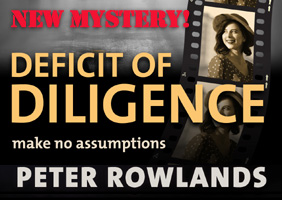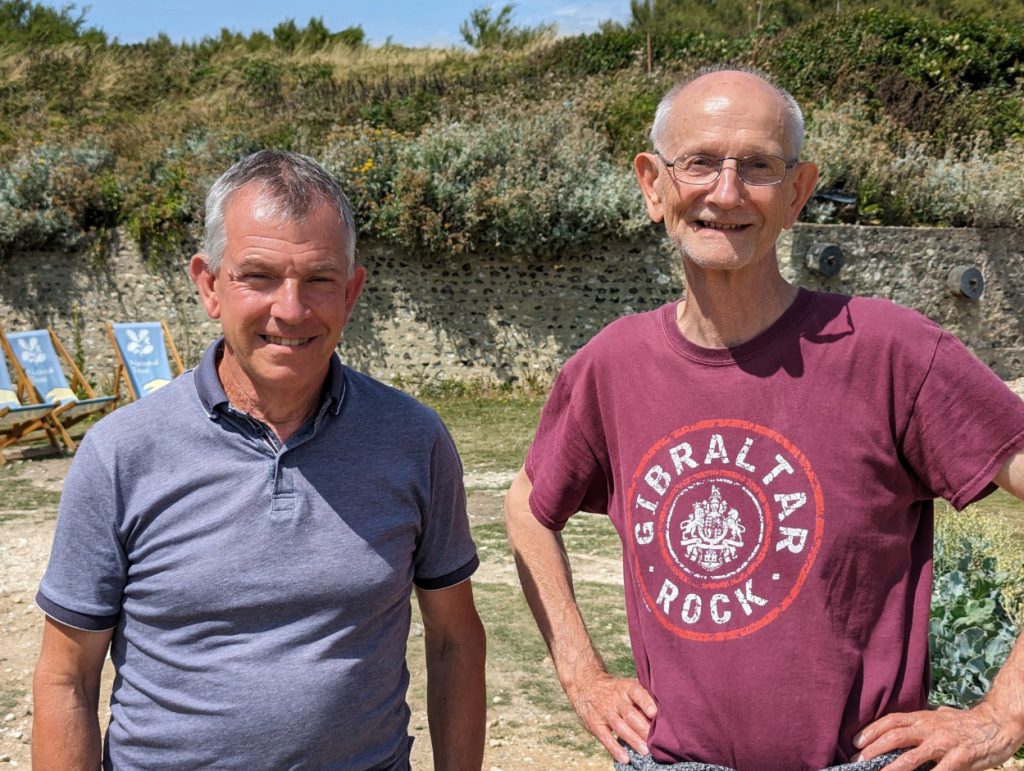If I’ve heard it once, I’ve heard it a million times: the Brexit referendum vote must be implemented because it represents “the democratic will of the people”. What utter, unmitigated nonsense!
When future generations look back on this whole fiasco, this is possibly the aspect they will regard as the most bizarre. How could a flawed, two-year-old vote on a bland, unqualified question – leave or remain? – seriously be considered a true democratic mandate? Why should the citizens of today and tomorrow have their futures dictated by something so insubstantial when it’s already in the past?
Hey ho, say the Brexit supporters; that’s democracy for you. Live with it. But they can’t escape the greatest weakness – but perhaps it’s also the greatest strength – in the whole concept of any referendum, and especially this one. Quite simply, it’s the time lag between the vote and its implementation.
Whether or not you consider the referendum outcome fair or reasonable, the fact is that it couldn’t be acted on overnight. There was a process to go through. As we all know now, that process was destined to take a minimum of two years and nine months. That’s the time lag between the vote itself and the date on which Article 50, Britain’s departure, is due to take effect in 2019.
No one can lay blame anywhere for this time lag. In nation-changing developments like this, such a thing is inevitable. There are so many issues to agree on, so many decisions to make; there’s so much new law to put into place.
“The Britain which is approaching the Brexit date is not the same Britain as the one responsible for that fateful vote “
But no one can deny the reality of the time-lag either. It has happened. Brexit supporters need to live with that. What it means is that the Britain which is approaching the Brexit date is not the same Britain as the one responsible for that fateful vote. Electors are now more savvy. They know what they’ll be losing by leaving the EU as well as what they might have to gain. They are far less ready to be taken in by lies about the likely outcome.
Opinion polls in the latter half of 2018 have repeatedly shown that in a new referendum the remain camp would stand a good chance of winning. So standing back from this, what do we have? A Government determined to implement a ill-informed decision taken more than two years ago, despite widespread and growing evidence that the majority of its citizens no longer support it.
What possible, conceivable logic could there ever be in any rational society for driving through a world-changing decision like Brexit on such an utterly flawed basis?
“What possible, conceivable logic could there ever be in any rational society for driving through a world-changing decision like Brexit on such an utterly flawed basis?”
That decision, moreover, could take at least a generation to reverse. Some people compare the referendum to an election vote, but snap elections can be called overnight, and the political direction of a country can shift in a blink. Brexit can’t. If we leave the EU, for many UK citizens it will effectively be forever.
Some people worry that a second referendum would throw the country into a new period of chaos, but this is simply a fear whipped up by pro-Brexit panic. If we voted to remain in a new referendum, we could simply halt the Brexit process, and life would go on as before. Yes, there would be a lot of rethinking and some pretty massive political fallout, but we’re still in the EU now, and we still would be after the vote.
If, on the other hand, by some strange quirk we voted again to leave, well, hard or soft, Brexit would be ready to roll. Again, nothing would be lost.
The time lag is the enemy of Brexit supporters, which is why they are becoming increasingly strident in shouting down anyone who dares to suggest a rethink and a new public vote. They’re determined that yesterday’s suspect vote should dictate the shape of tomorrow.
“The time lag is the enemy of Brexit supporters, which is why they are becoming increasingly strident in shouting down anyone who dares to suggest a rethink and a new public vote.”
So should we have any sympathy at all for the fact that the Brexiteers have had to hold their breath for two and a half years before they could get their way? No! Let’s just be thankful that the time lag was necessary. Think what would have happened if we’d somehow been forced to quit the EU the day after the referendum. Decisions of this magnitude need reflection, and arguably two and half years has barely been enough.
Meanwhile, young people are overwhelming opposed to Brexit, and the longer we wait to implement it, the more of them will be around to oppose it. No wonder the leavers are so worried.
“You can’t undermine democracy with more democracy” – David Lammy, MP
But what about the Brexiteers’ insistence that the two-year-old vote was democratic, and must be upheld at all costs? The MP David Lammy has knocked that one conclusively on the head. “You can’t undermine democracy with more democracy,” he’s pointed out. In other words, it can never be wrong to ask people if they’ve changed their minds.
Two years ago the Leavers were delivering a constant cry: “Brexit means Brexit.” It’s time to put forward another one: “Democracy means democracy.” In a rational society, democracy is a dynamic thing. It doesn’t simply stutter to a halt at the casting of a vote.
“In a rational society, democracy is a dynamic thing. It doesn’t simply stutter to a halt at the casting of a vote”
To put it another way, why should a generation of citizens have to suffer the outcome of Brexit for a decade or more, when in the two short years since the original vote it has already become increasingly clear that the majority don’t appear to want it?
That’s the truly democratic question we should be asking. And we should be asking it now, in a public vote.
Peter Rowlands
If you see a book cover flagged up against this blog, and it’s for my novel Alternative Outcome, I have to smile at the appropriateness of the title. Ironically, that book has nothing to do with Brexit, but I’ve written another novel that does! It’s called Never Going to Happen, and it sets the Brexit debate in the context of a fast-moving thriller. It’s on Amazon, and was published under the pen-name Anders Teller.






 In
In